The year of 2019 contained some of the best films in years, with more than a handful fo these being some of the best of the decade. Because I’m based in Australia, some of these films may have been released elsewhere in the world in 2018. This is a long one, so I won’t muck around. Head on in for my favourite films of 2019.
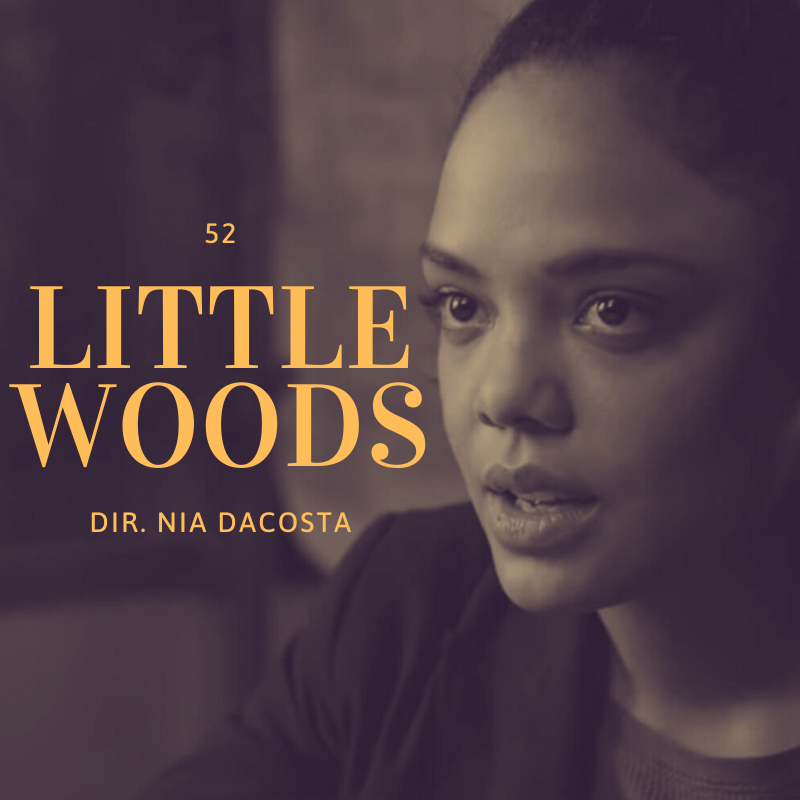

Little Woods is the kind of film we’ve seen countless times before. People under pressure, living on the fringes of society, trying to make the best out of a difficult situation. It’s nothing new. But, in Nia DaCosta’s debut feature, the familiarity of poverty and the pressure on lower class America is presented in a depressingly real fashion. With two exceptionally powerful, career best performances from Tessa Thompson and Lily James, Nia DaCosta forces us to sit in how cruelly mundane nature of inequality in America. The harsh impact of capitalism has no boundaries. Sobering stuff that confirms that Nia DaCosta is a name you’re going to hear a lot more of in the future.
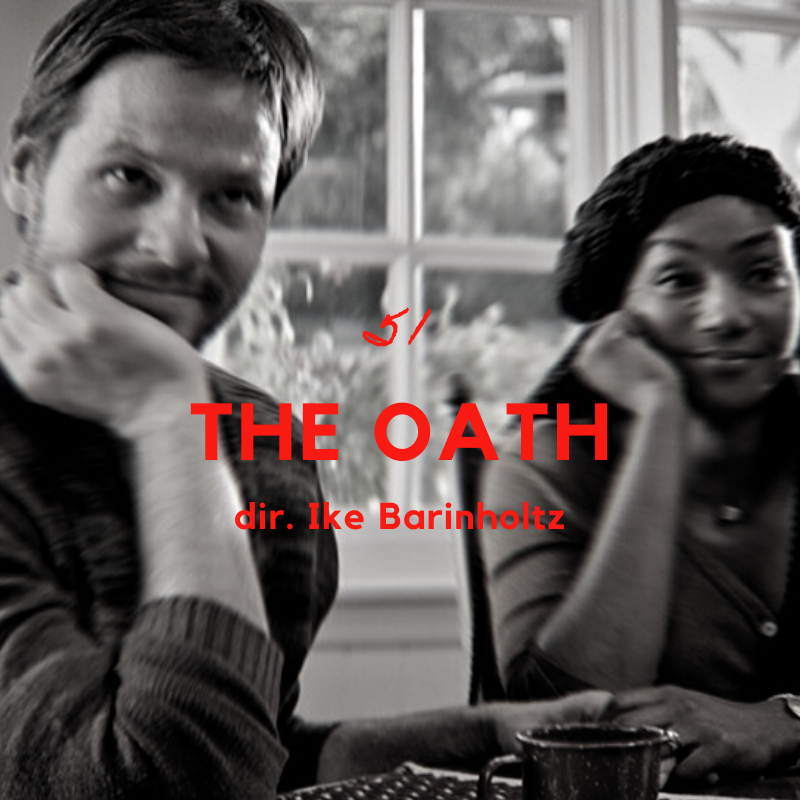

Without ever mentioning Agent Orange’s name, The Oath works as a logical ‘yes and…’ to 45’s leadership. Namely, what would happen if the President instilled a ‘Patriot’s Oath’, an agreement that states that a citizen is loyal to the President, and that they will ‘out’ anyone who is critical of him. Triple threat Ike Barinholtz (wearing acting/directing/writing hats here) attempts a difficult challenge that has hobbled many other comedians – a political comedy that works as a searing takedown of the current administration. And gosh does it work. The ever escalating tension of opposing political sides meeting at the ultimate family event – Thanksgiving – makes way for some brash and brutal comedic moments. I sure hope Barinholtz continues his writing/directing career, because if The Oath is anything to go by, then we’ve got a powerful new political comedy voice in the world.
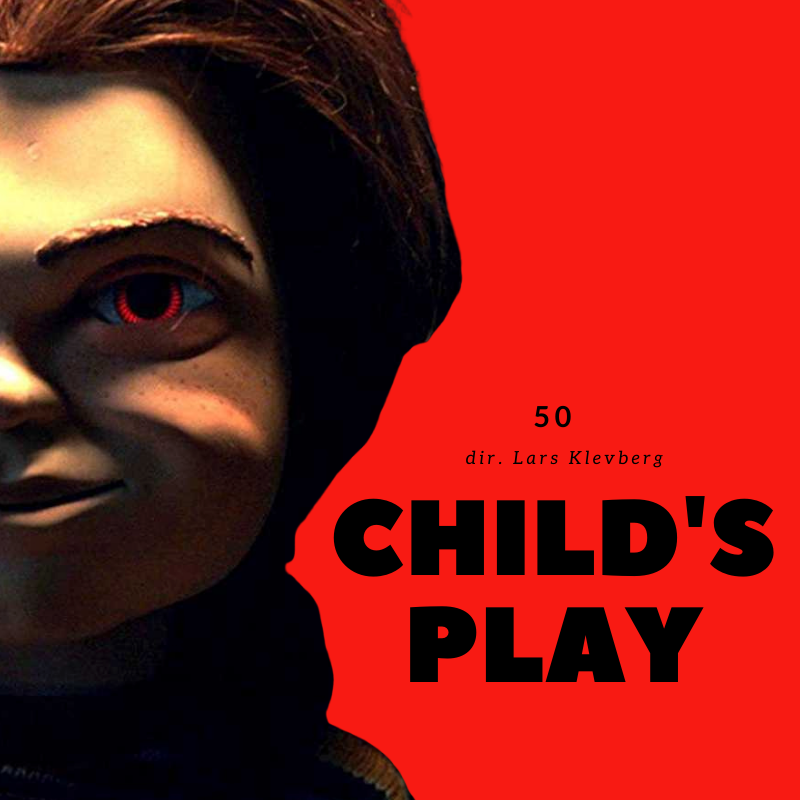

I don’t think many expected Lars Klevberg’s Child’s Play to be good, or even passable, yet, it somehow manages to be a schlocky gore soaked laughfest of a film that takes Don Mancini’s possessed doll series and updates it with a modern mindset. When kids are the focus of horror films, they’re often presented within a film that mutes the violence and swearing, making it a more accessible film to a wider audience. Child’s Play throws that out the window and gleefully goes as far as ripping the face off unsuspecting victims. This is a gleefully manic film, one that revels in the way the audience is unexpectedly presented with this joyful violence. I doubt we’ll get to see a sequel to this film, but the mere fact it exists is almost enough.
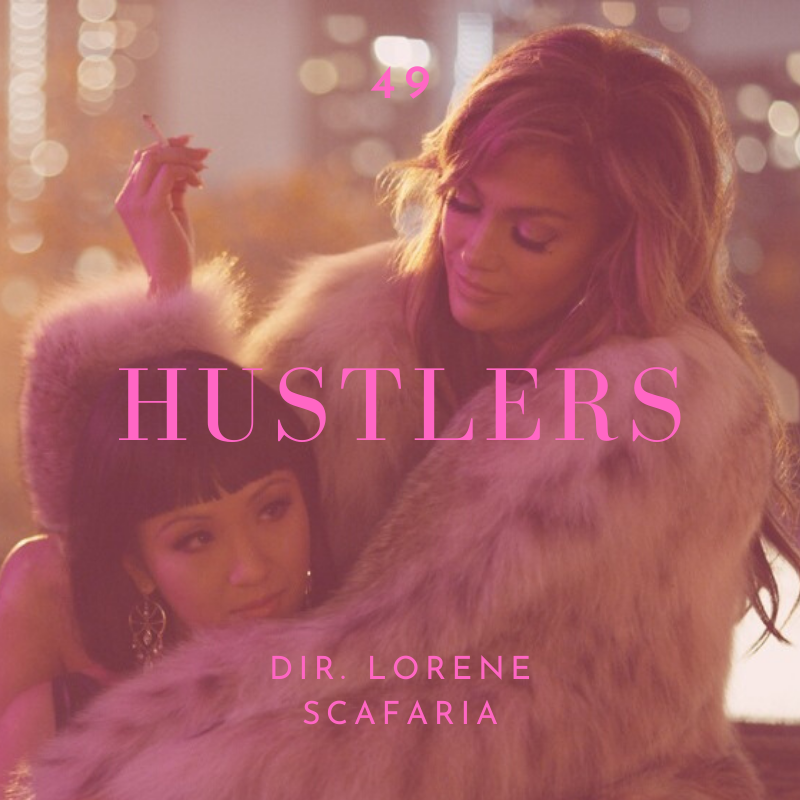

Much has been made about Jennifer Lopez’s attention grabbing performance in Hustlers, one that calls back to the late-90’s heights that she delivered with films like Out of Sight and U-Turn, but the real MVP of Lorene Scafaria’s crime drama is Constance Wu. Already a star thanks to Fresh of the Boat and Crazy Rich Asians, it’s Hustlers that shows that she’s not just a fine comedic talent, but can also deliver some truly brilliant dramatic acting too. There’s much to like about Hustlers, but it’s Wu that will be the lingering memory for me of this film, with the exceptional interrogation scenes between her character and Julia Stiles reporter that really cement that thought.
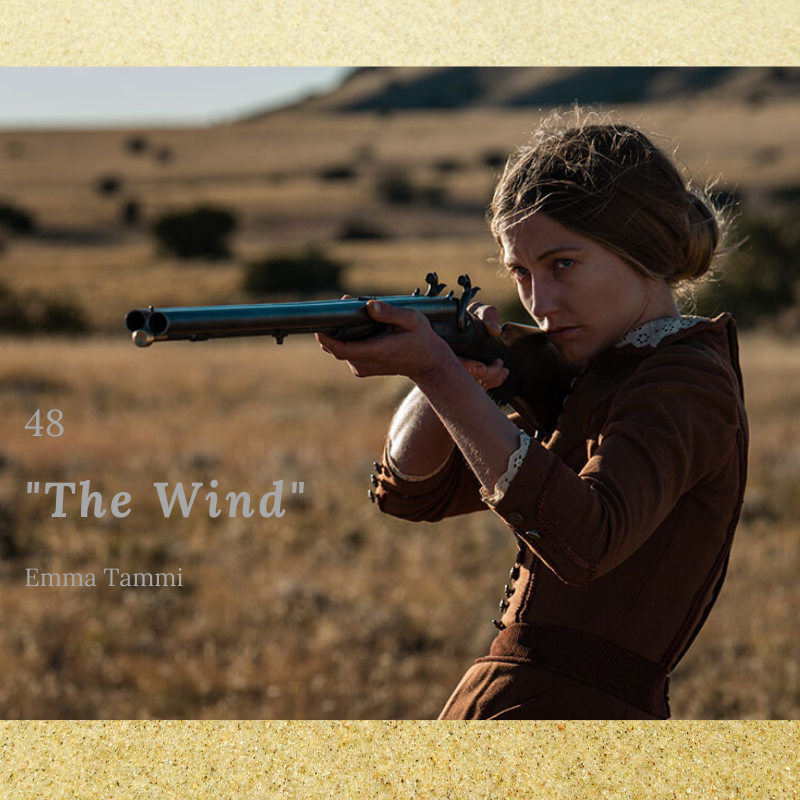

Across the decades of Western films, precious few have been told from the perspective of women, and even fewer have been told by women directors. The Wind seeks to buck that trend, with director Emma Tammi and writer Teresa Sutherland crafting a dark, mildly-gothic, Western horror film. Caitlin Gerard masterfully leads this tale of a woman grappling with the grief and devastating solitude that comes with suffering a stillbirth in the middle of nowhere. To say more would be to spoil this cruelly underseen mood driven, ethereal story, one that thrives on the visuals created by the wide open vistas of nothing.
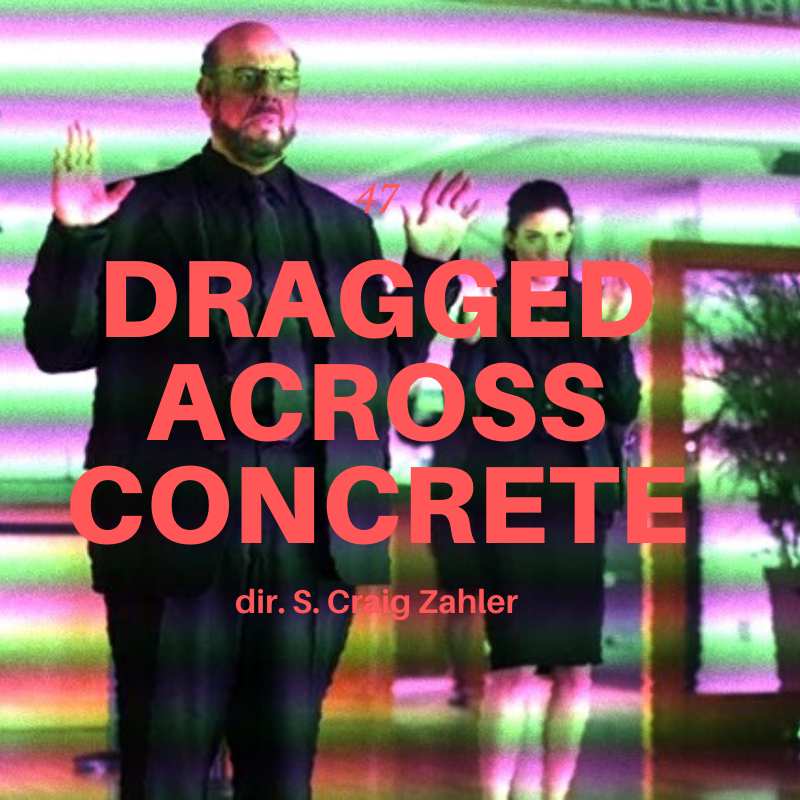

I went into Dragged Across Concrete with major trepidations. I can’t say I’ve been the biggest fan of S. Craig Zahler’s work, having disliked Bone Tomahawk immensely, and avoided Brawl in Cell Block 99 due to its plot description, yet, I found myself engaged with Dragged Across Concrete in a way I never expected. Zahler has crafted a reflective piece of work that takes a box of dynamite and explodes the political and social chaos that’s flourishing in America today. A career best performance from Vince Vaughn contrasts the intentionally nauseating character Mel Gibson plays. This is as harsh a film as you’ll see from 2019, unflinching, yet furiously sympathetic to most of its characters. One you won’t easily shake.
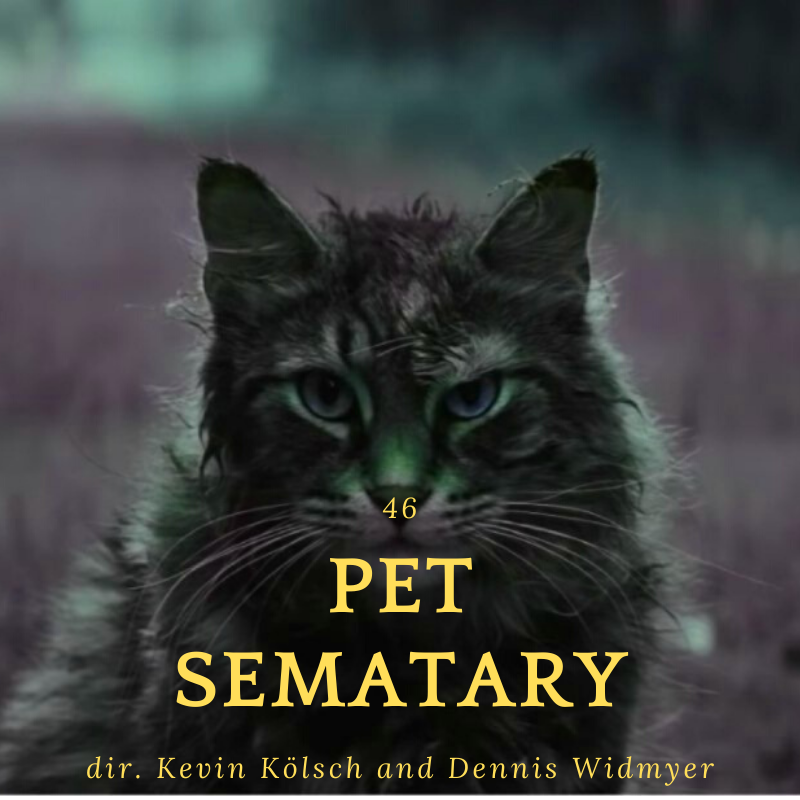

The year of Stephen King adaptations steamrolled on with various sequels, reboots, and remakes. For many the mild oversaturation of the modern master of horror might mute his impact a little, but for me, I’ve found myself rediscovering the love of King’s work that I grew up with. And it’s with Pet Sematary that I found myself relishing the disturbed feeling that King’s work once left on me, with some of the most unsettling imagery in a horror film in recent years. Jason Clarke and Amy Seimetz work off each other brilliantly, and John Lithgow’s empathetic neighbour provides some wonderful human moments, but of course, the scene stealer is the cat. I love this adaptation completely.
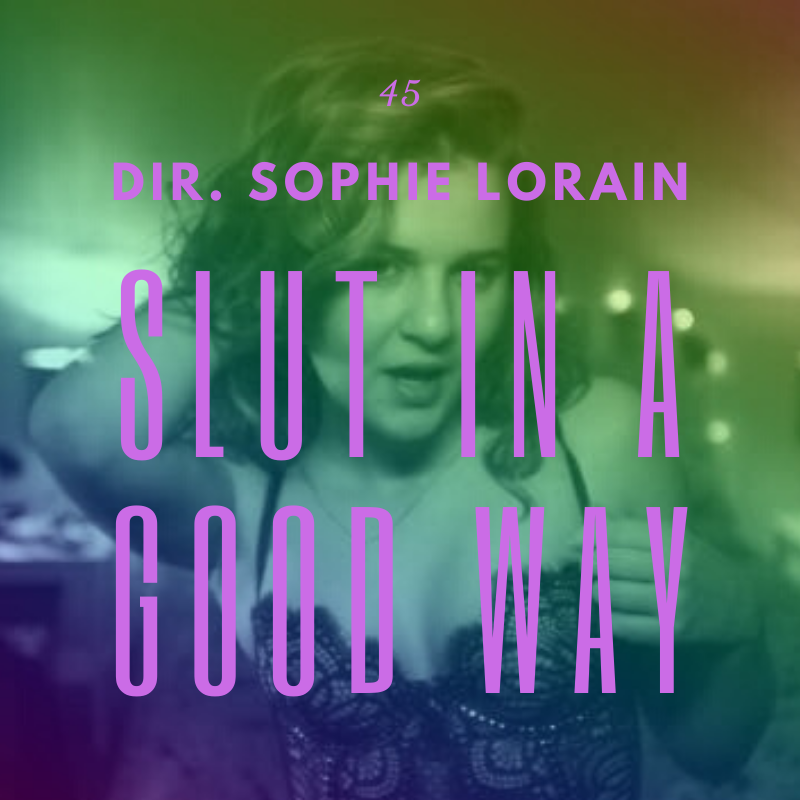

Sophie Lorain’s French-Canadian teen comedy is a surprisingly biting affair, with its affirmation of tearing down the patriarchy by addressing the wealth of double standards that run rampant throughout society. Why is it that when men sleep around they’re celebrated, but when women do it, they’re demonised for being ‘sluts’? Slut in a Good Way is brilliantly shot in wonderful black-and-white cinematography, with the vibrancy from the central performers (lead actress Marguerite Bouchard is a real treat) bringing a wealth of energy to the mix. This is a celebration of female sexuality. Slut in a Good Way feels like a reclamation of the word ‘slut’, working to take any and every negative connotation away, much in the same way that the women reclaim their own sexual journeys and freedoms.
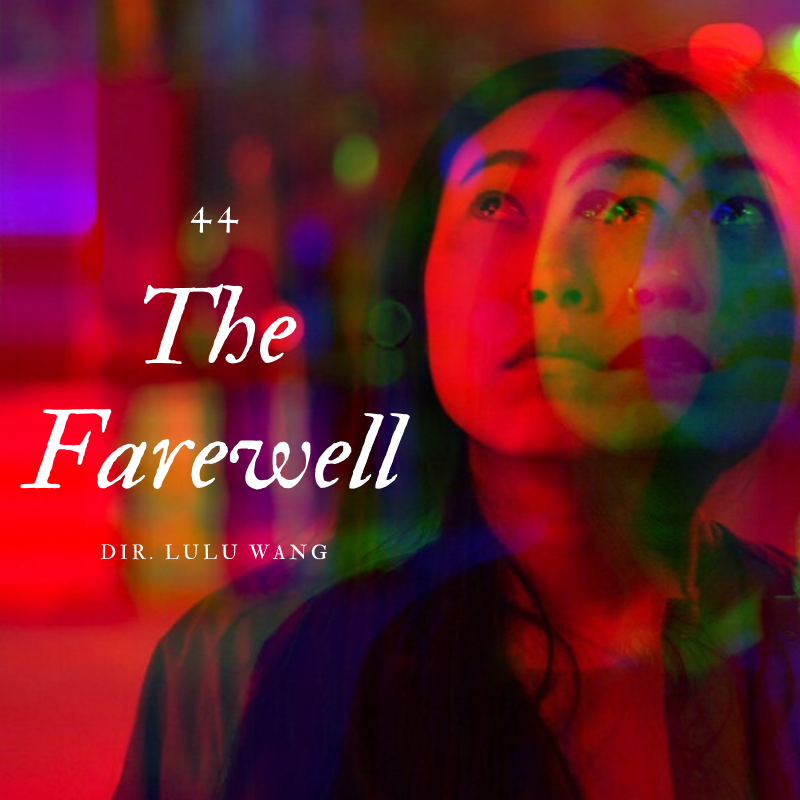

Lulu Wang’s The Farewell plays like a caring, tender invite for an audience to spend time with her personal family story. And we’re so lucky and grateful that we were given this chance, because this is a wonderfully sweet film, caring a loving in ways that most family dramas are not. Centred by a gentle performance from Awkwafina, who feels like she’s balancing the same cross-culture America-China divide that her character crosses, The Farewell also delivers us a heartwarming performance if the form of the grandmother to end all grandmothers, Zhao Shuzhen’s Nai Nai. Part of what makes The Farewell so good and caring is the way it forces us to reflect on how families come together in times of tragedy and trauma, when – as Ted Wilson’s superb Under the Cover of Cloud reminds us – we should really be coming together more often in times of harmony and love, supporting each other when we don’t need support, so that support at a time of tragedy doesn’t feel tokenistic. A gentle film to watch with your family.
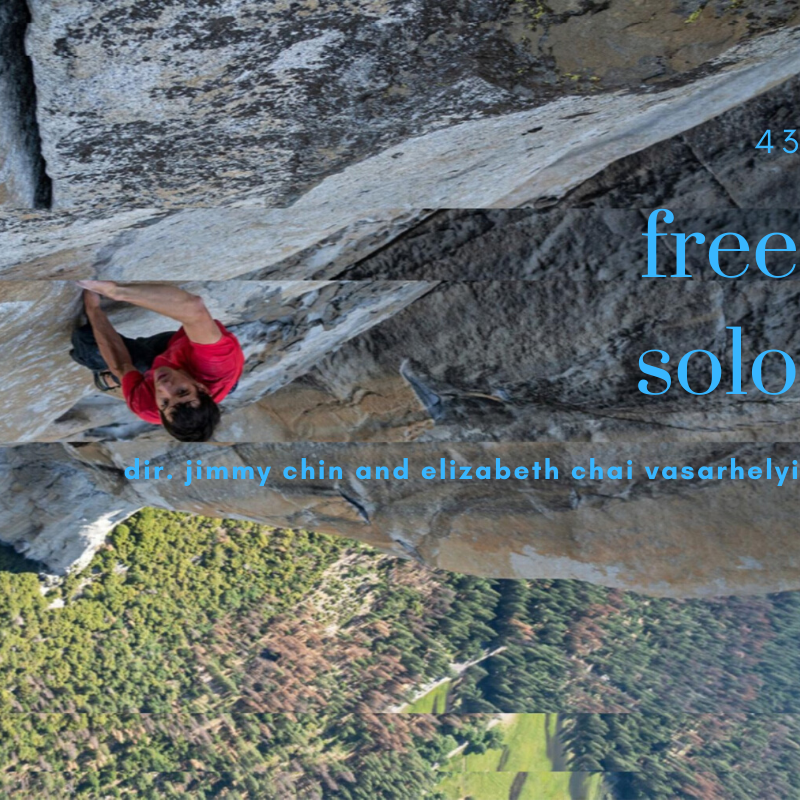

As the title suggests, Free Solo follows Alex Honnold’s climb up the famed El Capitan cliff in America with no ropes and no support. It’s here that Free Solo delivers one of the most unnerving, unsettling sequences in modern cinema. The slow build up to Honnold’s climb immerses the viewer in the world of climbers, giving context to their reason for risking their lives – ‘because it’s there’ – and allowing us to understand and reckon with the outwardly reckless behaviour of thrill seekers around the world. When Alex gets a girlfriend, you are both surprised at his dedication to climbing that he won’t stop for the sake of her sanity, and also respectful that his vocation means this much to him. All of this information builds up in a natural way, creating a wealth of context to the gut churning climb that – even though you know he’s going to make it – has you deadly certain that he’s going to die at every point. Masterful filmmaking about nauseating stuff.
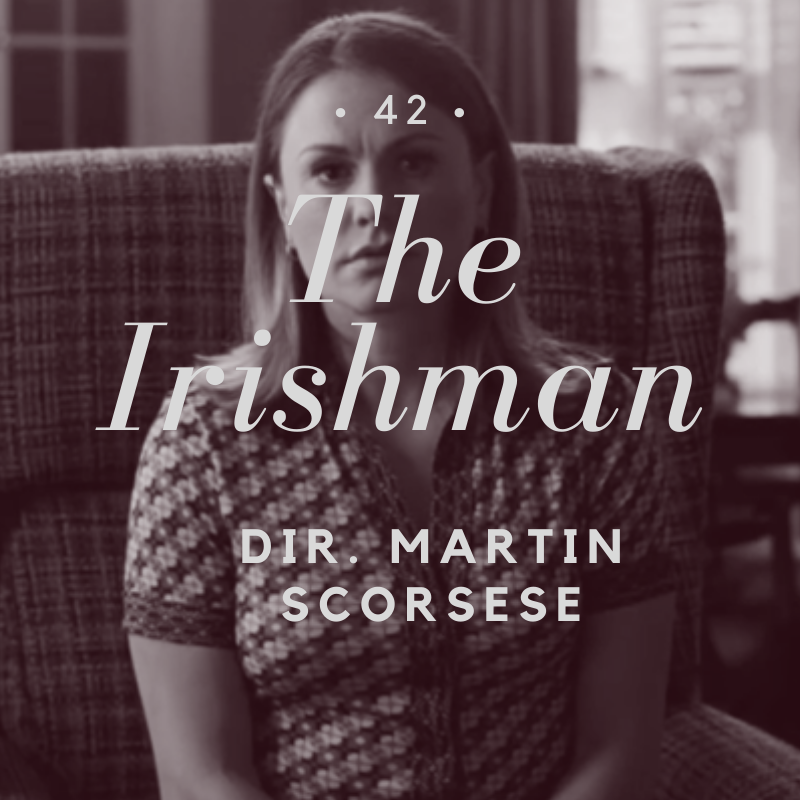

Much has been said about Martin Scorsese’s gangster epic, so much so that I don’t have much to add to the conversation other than, boy this is a good film. Playing like the culmination of a careers work, The Irishman is a surprisingly empathetic film, sympathising with the men who have crafted lives for themselves digging the graves for their brothers, fathers, and sons, all the while ultimately digging the worst grave for themselves – the grave of loneliness and unwanted solitude.
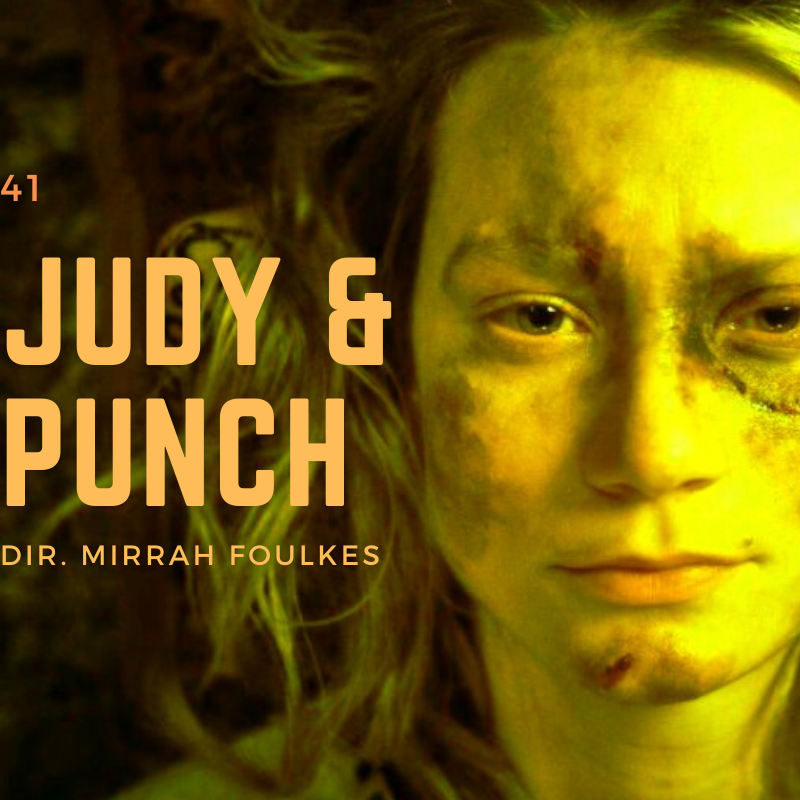

In a year where women filmmakers subverted male dominant genres – the aforementioned The Wind, Karyn Kusama’s Destroyer – it’s Mirrah Foulkes Judy & Punch film that skews the age old fable of masculinity and all its brutality that feels the most apt and appropriate for the age we live in. Guided by two exceptional performances from Damon Herriman and Mia Wasikowska, Judy & Punch provides a powerful feminist slant on the patriarchy, ending with a punchline that connects the horrific acts of Punch all the way to the nauseating actions of Harvey Weinstein. I cannot wait to see what Foulkes creates in the future, as this is a darkly comedic declaration of a superb talent.



